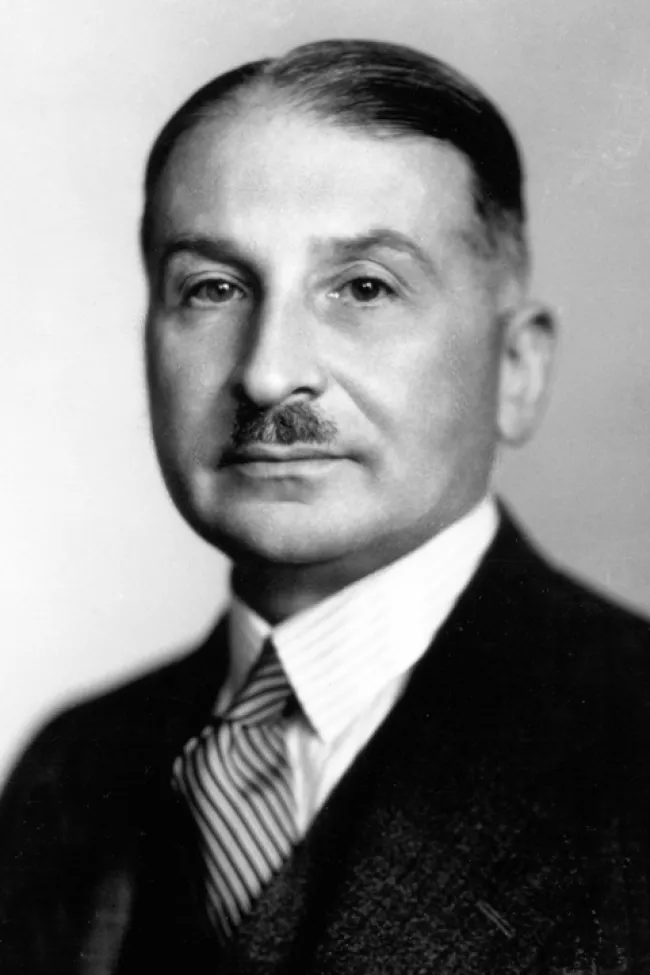- Downloads:
- View HTML Version
- Theory of Money and Credit_Mises.pdf
- The Theory Of Money And Credit_Mises.epub
- Related Content:
- The Theory of Money and Credit
Mises wrote this book for the ages, and it remains the most spirited, thorough, and scientifically rigorous treatise on money to ever appear. It made his reputation across Europe and established him as the most important economist of his age.
We think this Mises Institute edition is the most beautiful, by far, of any edition in print. It is the first English edition, complete with an explanatory foreword by Murray Rothbard and a preface by Douglas French. The size, look, and feel are just perfect, at once classic and very modern, in a case-wrapped hardback. And the price beats everything.
This classic treatise on monetary theory remains the definitive book on the foundations of monetary theory, and the first really great integration of microeconomics and macroeconomics. As Rothbard points out in his introduction to “the best book on money ever written,” economists have yet to absorb all its lessons.
Mises shows how money had its origin in the market, and how its value is based on its usefulness as a commodity in exchange. In a step-by-step manner, Mises presents the case for sound money with no inflation, and presents the beginnings of a full-scale business cycle theory. This edition includes Mises’s early blueprint, improved later in life, for a return to a fully backed gold standard and competitive banking.


Ludwig von Mises was the acknowledged leader of the Austrian school of economic thought, a prodigious originator in economic theory, and a prolific author. Mises’s writings and lectures encompassed economic theory, history, epistemology, government, and political philosophy. His contributions to economic theory include important clarifications on the quantity theory of money, the theory of the trade cycle, the integration of monetary theory with economic theory in general, and a demonstration that socialism must fail because it cannot solve the problem of economic calculation. Mises was the first scholar to recognize that economics is part of a larger science in human action, a science that he called praxeology.
New Haven: Yale University Press, 1953.
New Haven: Yale University Press, 1953.
